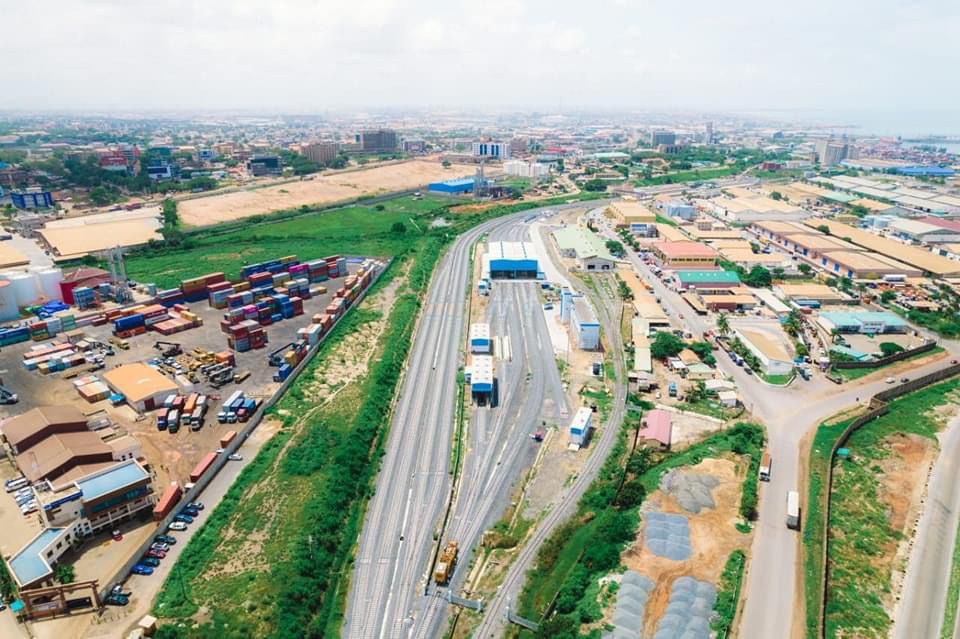
Addison explains why Ghana’s economy is growing but the Cedi is depreciating | 3News

Governor of the Bank of Ghana (BoG), Dr Ernest Addison, has explained why the local currency, the Cedi depreciated against the major trading ones, the Dollar, Pounds, and Euros, at a time when the local economy was expanding.
Recently, the Government Statistician, Professor Samuel Kobina Annim announced that Ghana’s economy grew by 2.9% in 2023, from the 3.8% recorded in 2022.
The Services sector contracted by -1.2%, he added.
The 10.9% and 9.9% contraction of the Electricity and Construction subsectors in 2023 caused the decline in the GDP of Industry.
Mining and Quarrying (2.5%) was the only subsector that recorded a growth rate.
The Agriculture sector grew at a rate of 4.0% in 2023, compared with 4.5% in 2022.
Except Forestry and Logging which contracted by 5.0%, all the subsectors expanded. The Livestock subsector recorded the biggest GDP of 4.9%.
The Services sector also grew at a rate of 5.5% in 2023.
The Trade, Repair of Vehicles, Household Goods (0.3%) recorded the lowest growth rate whilst Information and Communication (18.0%) registered the highest growth rate.
Asked why the Cedi is depreciating in a growing economy while speaking at the 117th Moneyray Policy Committee Press Conference in Accra on Monday, March 25, Dr Eresnt Addisons aid “The simple answer, when the economy is growing you import more to support, non-oil imports grow, you need those imports to grow.
“In fact, it is a good sign when imports are rising because it shows that the economy is robust and that is what leads to growth and therefore puts a little bit of pressure on the currency.
But also remember that we are operating a flexible exchange rate policy, which means that the currency would not be fixed, at any time you will see movements here and there depending on market conditions so we should be more concerned about trends and hopefully, this eyar that trend should not lead to the very large depreciation.
As I said earlier on we expect that the Cedi will remain relatively stable.”
Dr Addison explained also that the foreign exchange market came under some seasonal pressures in February and early March 2024, but the Ghana cedi continues to recover its value.
The pressures emanated mainly from the strengthening of the US dollar in international markets, and payments made for the energy and corporate sectors.
These were compounded by delays and uncertainties associated with the second tranche of the cocoa loan inflow and World Bank’s disbursement of Budget Support.
These pressures have been mitigated somewhat by continued inflows from remittances and mining companies, and from the Domestic Gold Purchase Programme.
“In the year to 20th March 2024, the Ghana cedi recorded a depreciation of 6.8 percent against the US dollar,” he stressed.






